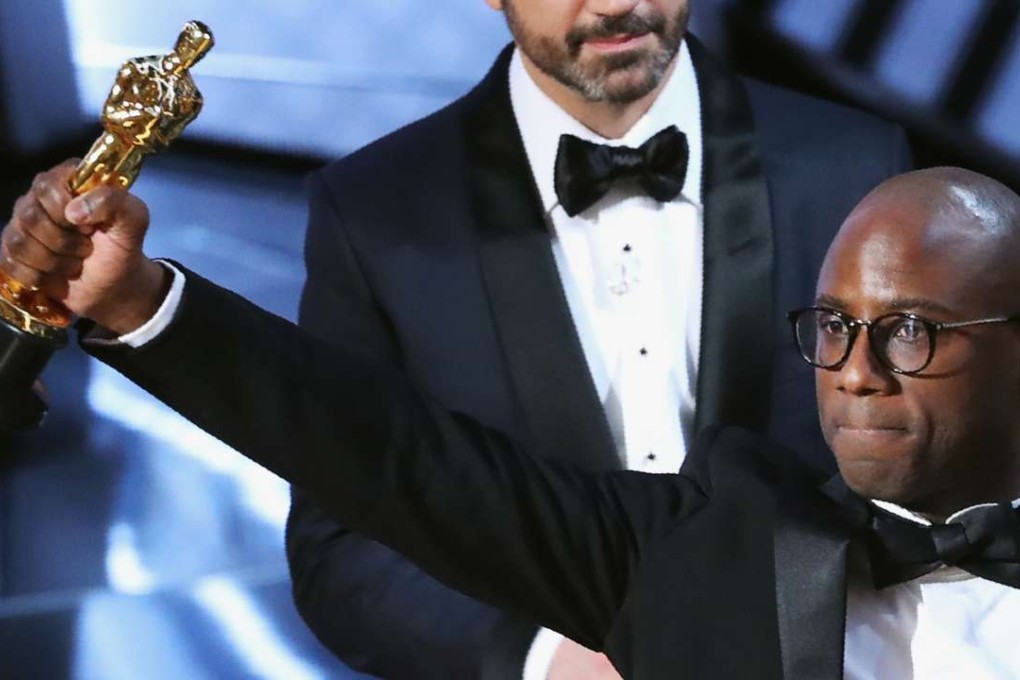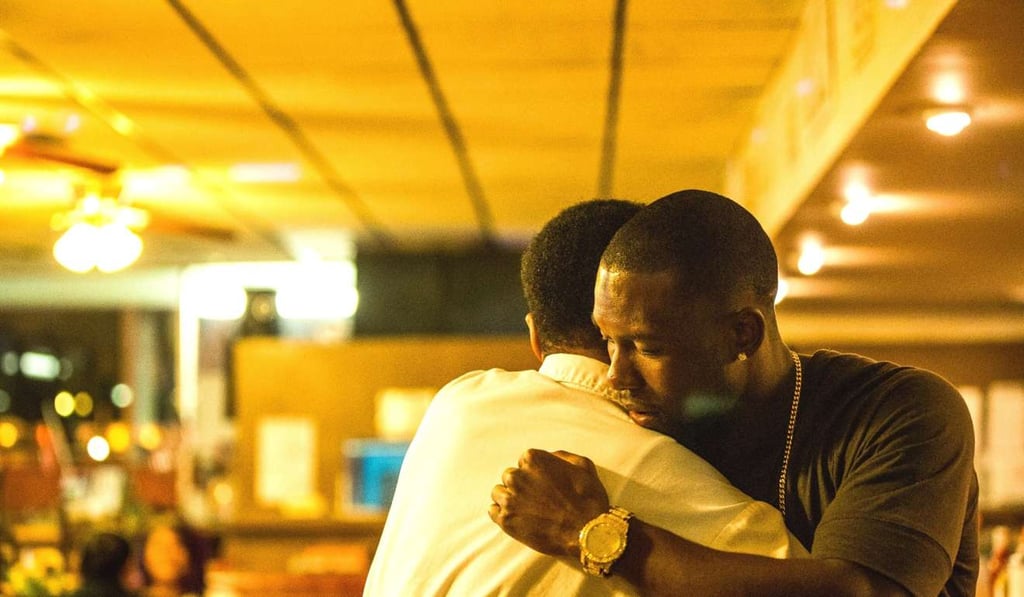Was Moonlight’s best picture win the perfect antidote to Brokeback Mountain’s historic Oscar snub?
The first film about a homosexual relationship to win the Academy Award for best picture, Moonlight has gone a step further than Ang Lee’s 2005 film and Todd Haynes’ Carol, which was denied a nomination

Ang Lee’s trail-blazing cowboy romance was beaten to the prize by Crash – not the cult thriller directed by David Cronenberg, by the way, but Paul Haggis’ divisive attempt to make an ensemble piece out of racial stereotyping and what some would more curtly describe as “white guilt”. Over the years, Crash has been cited as one of the least deserving Oscar winners.
Indeed, in a poll of hundreds of Academy members that the trade publication The Hollywood Reporter conducted in 2015, Brokeback Mountain came out on top of Crash (and that year’s other nominees, Munich, Good Night and Good Luck, and Capote) when they were asked hypothetically to recast their votes for the 2006 best picture Oscar. It was apparently easier to tackle homophobia when history was not actually in your hands.

Fast forward to 2017 and Moonlight, the delicate, modestly scaled drama of a gay black man’s coming of age, was up against an overwhelming favourite of the awards season. The musical La La Land ’s front-runner status was no doubt comparable to the cultural phenomenon surrounding Brokeback Mountain, which seemed a lock for the best picture award before the ceremony.
